Antipopes of the Antichurch
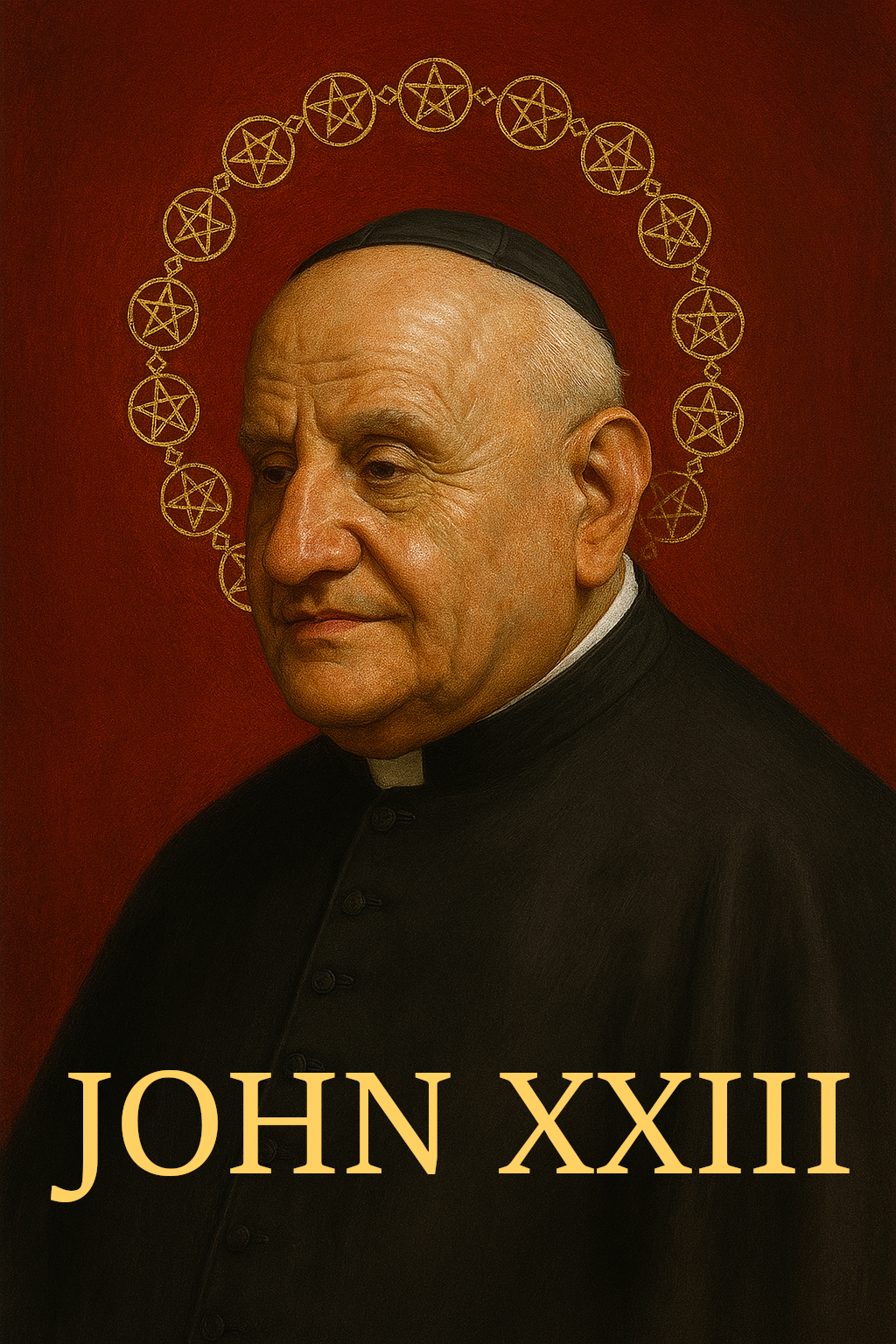
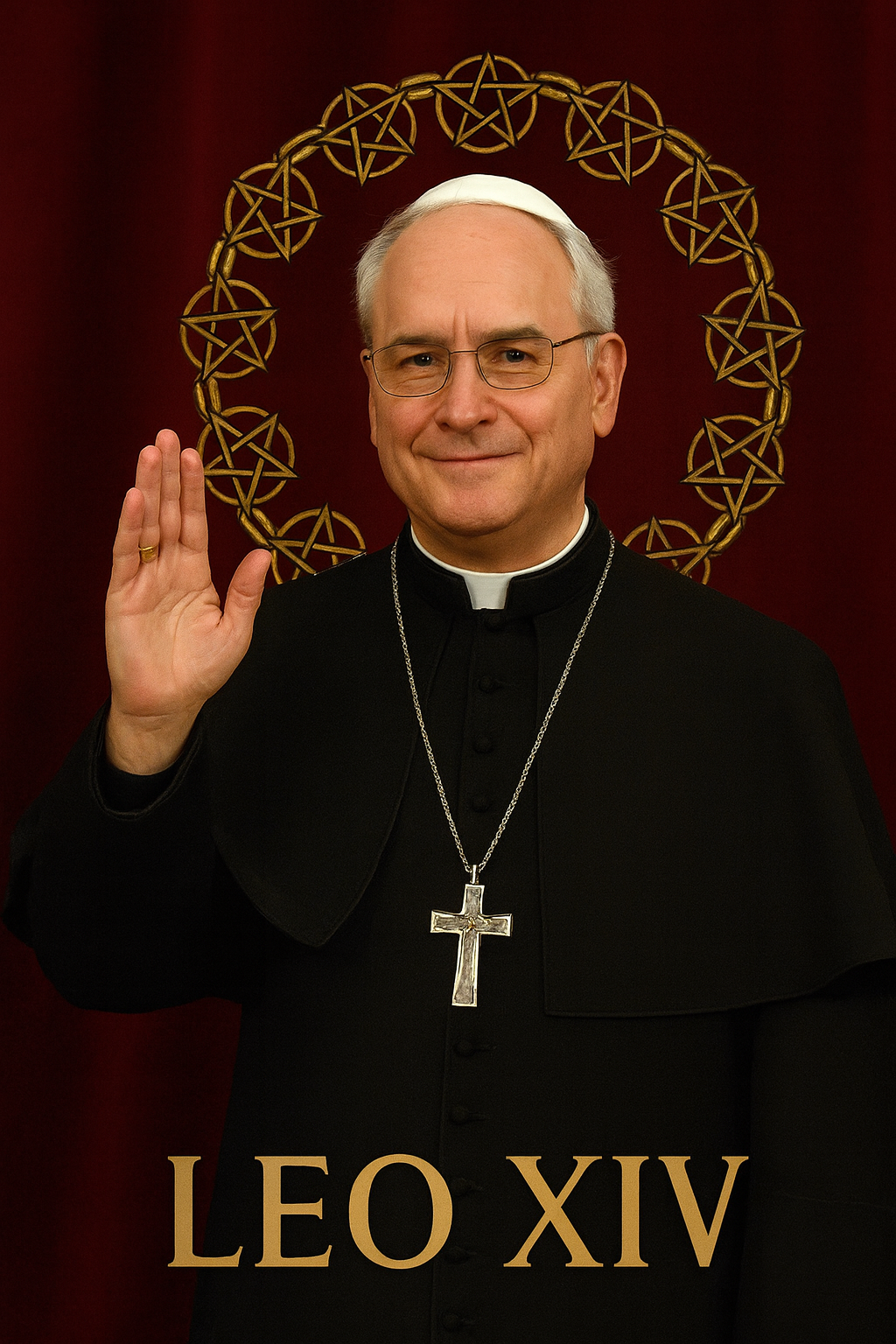


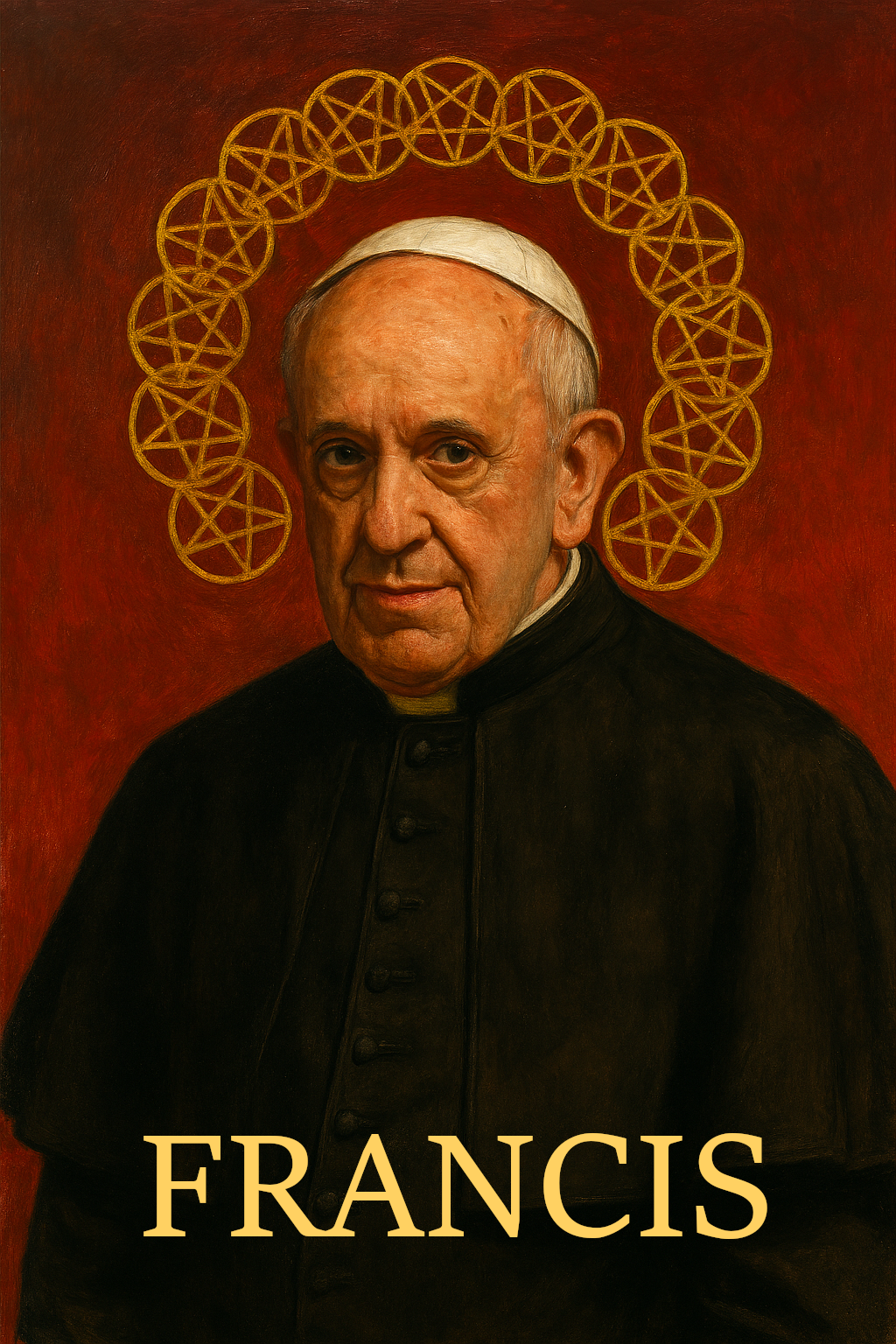





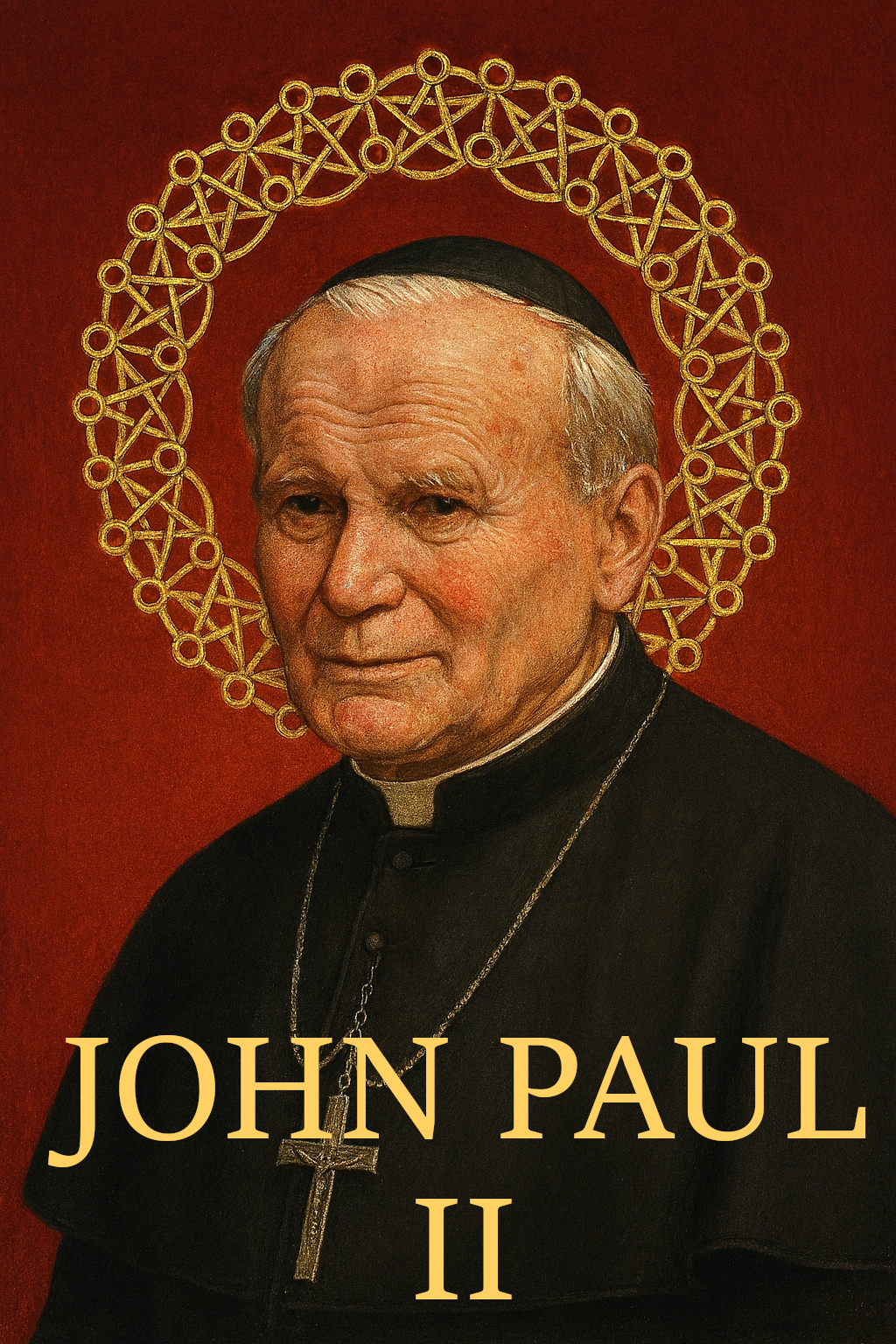





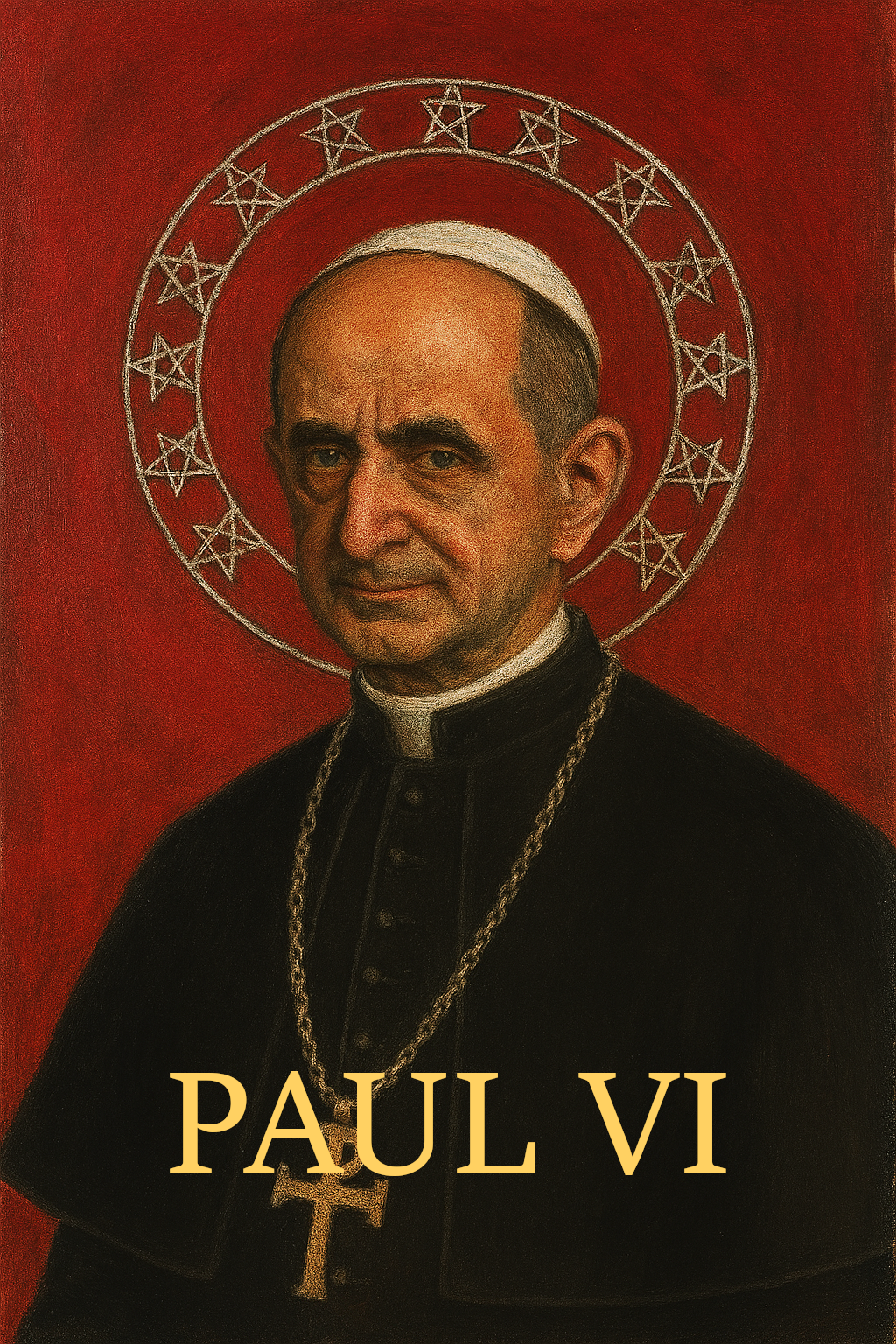


Timeline of this heretical pontiff
Encyclical Letters
+ 15 posts1959
+ 7 posts1961
+ 4 posts1962
+ 2 posts1963
+ 2 postsApostolic Exhortations
+ 3 postsApostolic Constitutions
+ 93 posts1958
+ 6 posts1959
+ 87 postsMotu Proprio
+ 15 posts1958
+ 1 posts1959
+ 1 posts1962
+ 11 postsApostolic Letters
+ 151 posts1958
+ 4 posts1959
+ 63 posts1960
+ 78 posts1961
+ 1 posts1962
+ 4 posts1963
+ 1 postsSpeeches
+ 99 posts1958
+ 2 posts1959
+ 26 posts1960
+ 29 posts1961
+ 16 posts1962
+ 24 postsMessages
+ 6 posts1959
+ 4 postsHomilies
+ 4 postsLetters
+ 152 posts1958
+ 1 posts1959
+ 48 posts1960
+ 32 posts1961
+ 31 posts1962
+ 30 posts1963
+ 10 postsNot categorized
+ 1 posts1958
+ 1 postsNews feed
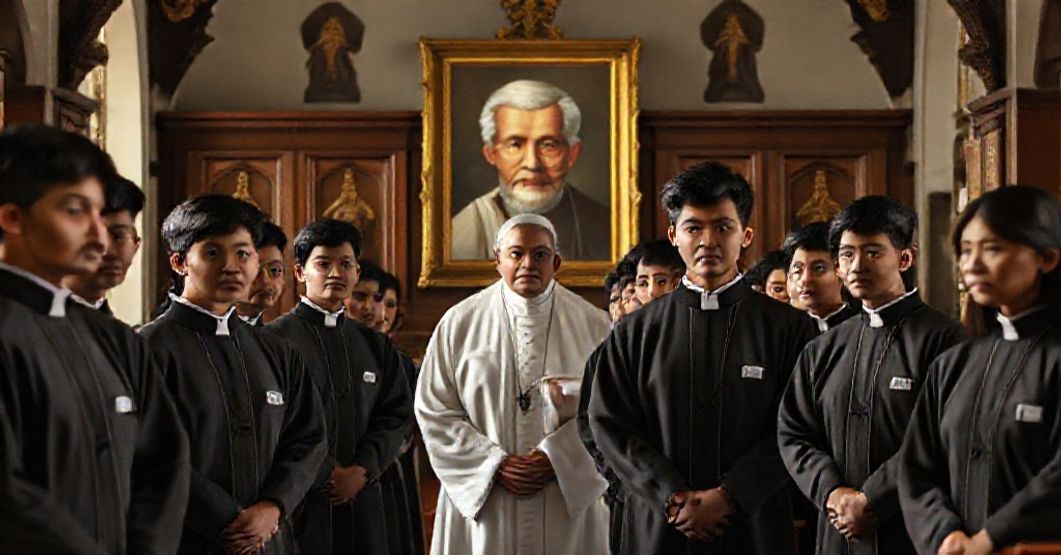

Pater misericordiarum (1961.08.22)
In this Latin letter of 22 August 1961, antipope John XXIII addresses Rufino Santos and the hierarchy of the Philippine islands, congratulating them on the external flourishing of seminaries, the increase of vocations, the construction of suitable houses of formation, and the establishment of the Pontifical Filipino College in Rome. He exhorts them to select suitable candidates, appoint morally exemplary formators, cultivate discipline, piety, obedience, asceticism, Latin studies, and to protect seminarians from worldly novelties, ending with paternal assurances that such efforts will strengthen the Church and the “Kingdom of God” in the Philippines and neighbouring peoples. Behind this apparently benign praise stands the calculated preparation of a compliant, modernist clergy to serve the conciliar revolution soon to be unleashed at Vatican II, a project which this letter serenely clothes in pious phraseology.


Epistula ad Michaëlem Browne (1961.07.20)
This Latin letter of John XXIII, addressed to Dominican Superior General Michael Browne on the fifth centenary of the canonization of St Catherine of Siena, praises her sanctity, her devotion to the papacy, her Eucharistic piety, and her influence in the Church, and encourages the Order of Preachers and the faithful—especially Italians and Sienese—to celebrate her memory and invoke her intercession in order to obtain a moral and religious renewal. Beneath its pious surface, however, this text instrumentalizes a great medieval saint in order to clothe the incipient conciliar revolution with counterfeit “continuity” and to divert souls from the integral reign of Christ the King and the doctrinal intransigence of the pre-conciliar Magisterium.
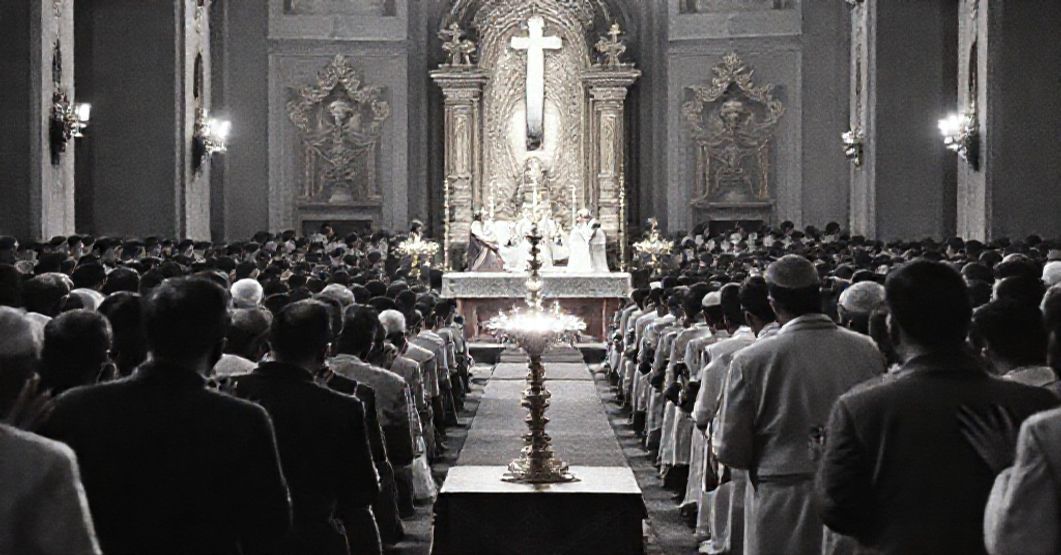

Laetum allatum (1961.07.04)
The Latin letter “Laetum allatum,” dated July 4, 1961 and attributed to John XXIII, appoints Richard James Cushing as papal legate to a National Eucharistic Congress in Santa Cruz de la Sierra, Bolivia. It praises Bishop Rodríguez Pardo, extols Bolivian Eucharistic devotion, sets “Omnes unum sumus in Christo” (“We are all one in Christ”) as the Congress’ keynote, and exhorts to Eucharistic piety, charity, social justice, and national concord.
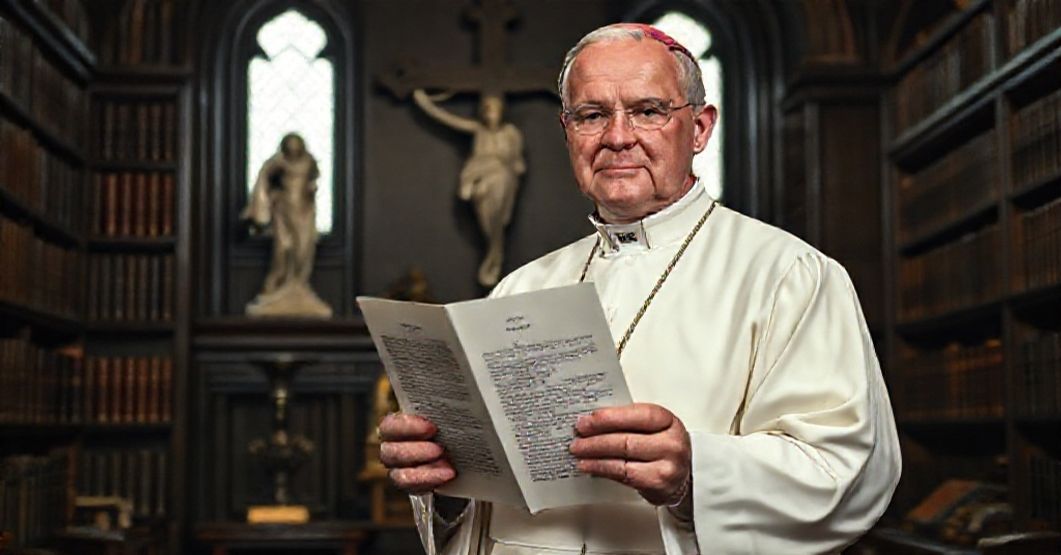

Nostra Patris (1961.06.29)
The letter “Nostra Patris,” dated 29 June 1961 and issued by antipope John XXIII to Martin John O’Connor, praises the 25-year legacy of Pius XI’s Vigilanti cura, commends ecclesiastical bodies monitoring cinema, laments immoral and anti-religious films, and urges a more intense Catholic presence in cinematic culture through guidance, formation, criticism, and cooperation with filmmakers, under the direction of a central Pontifical Council for cinema, radio, and television. Behind its apparently prudent concern, however, stands a programmatic capitulation: a shift from guarding the flock through objective doctrinal and disciplinary authority to flattering, dialoguing with, and ultimately integrating a corrupt mass-media culture — one of the early and transparent symptoms of the coming conciliar revolution.
Varia
Announcement:
– News feed –implemented
– Antipopes separate web sites with their all documents refutation – in progress
